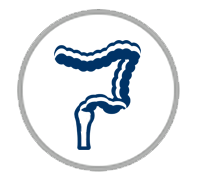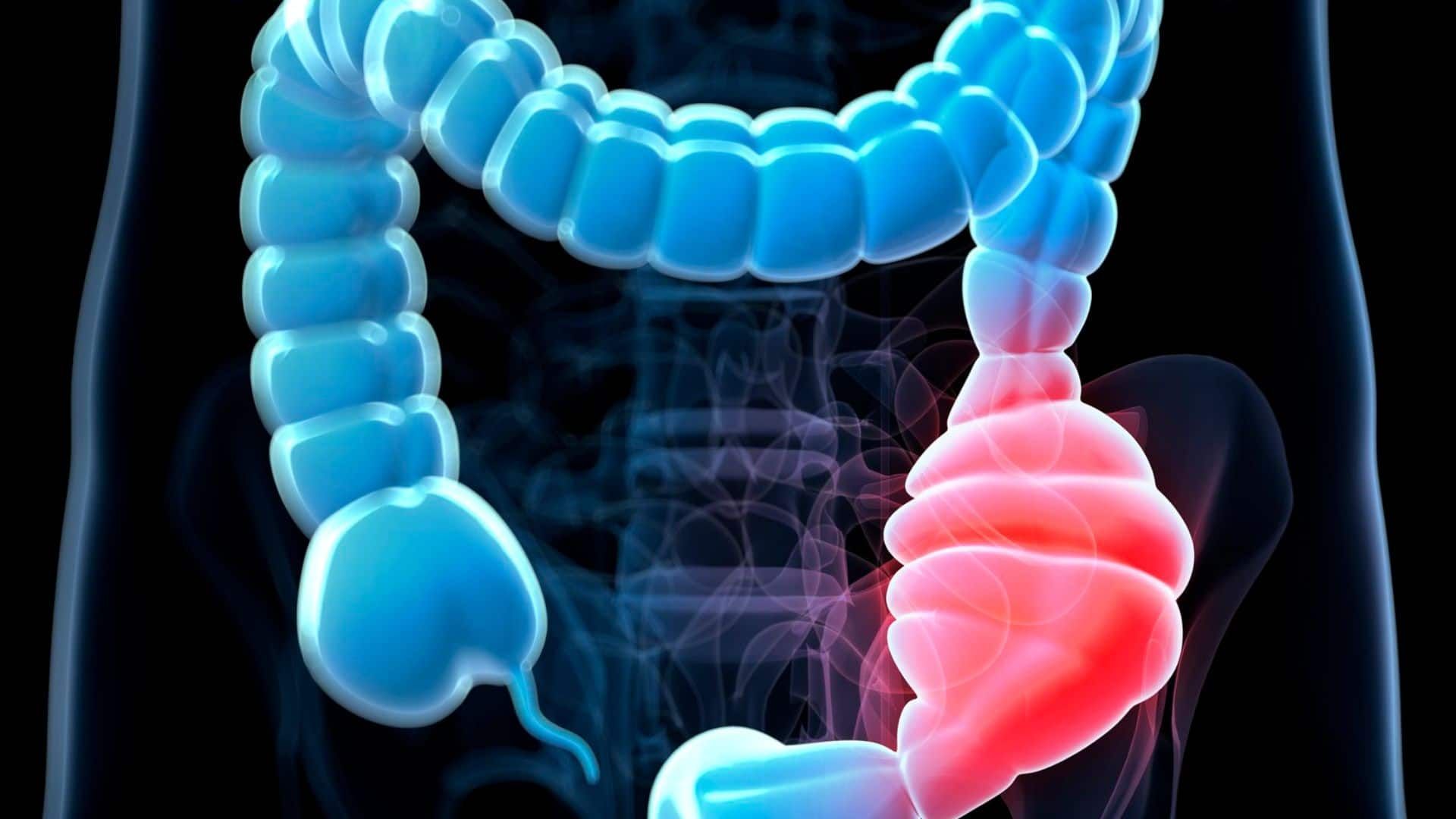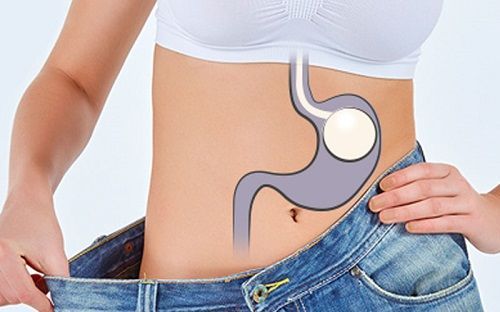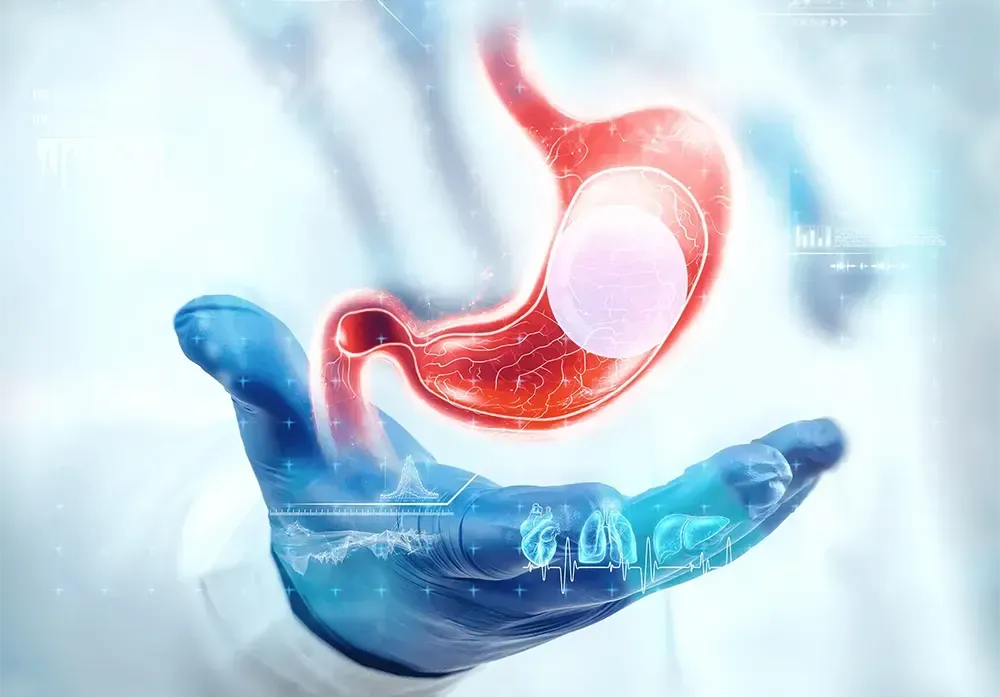
SAN DIEGO COLONOSCOPY PROCEDURE
Many cancers of the colon and rectum can be prevented through regular screening colonoscopy. Screening colonoscopy can find precancerous polyps— abnormal growths in the colon or rectum —so that they can be removed before they turn into cancer. Screening colonoscopy is crucial because when found early, colorectal cancer is highly treatable.
What is a colonoscopy procedure?
A colonoscopy is a test that looks at the inner lining of a person's large intestine. The large intestine is also called the colon. Often, people have a colonoscopy as a screening test to check for polyps or for other lesions in the colon or rectum. Polyps are growths in the colon that might turn into cancer. If you have polyps, the doctor can usually take them out during the colonoscopy. Taking polyps out lowers your chances of getting cancer. People can also have colonoscopy if they have symptoms like rectal bleeding.
When should I consider getting a colonoscopy?
Doctors recommend that most people begin having colon cancer screening at age 50. Some people begin their screening at a younger age due to strong family history or certain medical conditions.
A colonoscopy can be indicated if you have:
- Blood in your bowel movements
- Change in your bowel habits
- AnemiaAbdominal or rectal pain
- Abnormal imaging results
- A history of colon cancer or polyps in your colon
What conditions can a colonoscopy help identify?
Colonoscopy is performed for both diagnostic and therapeutic indications. Diagnostic indications include screening or surveillance for colon cancer, evaluating signs and symptoms suggestive of possible colonic or distal small bowel disease like bleeding, anemia, assessing a response to treatment in patients with known colonic disease (eg, inflammatory bowel disease), and evaluating abnormalities found on imaging studies. Therapeutic indications include stricture dilation, stent placement, colonic decompression, and foreign body removal. In addition, lesions found during diagnostic procedures may require therapeutic intervention (eg, polypectomy or treatment of a bleeding lesion)
How should I prepare for a colonoscopy?
Your doctor will give you instructions about what to do before a colonoscopy. He or she will tell you what foods you can and cannot eat. He or she will also tell you if you need to stop taking any of your usual medicines beforehand. Make sure to read the instructions as soon as you get them. You might have to stop some medicines up to a week before the test.
The colon needs to be cleaned out before a colonoscopy via a clear diet regiment. Your doctor will give you a special drink that causes watery diarrhea. It is important to drink all of it to make sure your colon is clean. If your colon is clean your doctor will get a better look at the inside lining of the colon. A clean colon also makes the test easier to do and more comfortable. Let your doctor know if you have trouble getting ready for your procedure.
Get our colonoscopy prep tips.
How much does a colonoscopy cost?
The total cost of a colonoscopy is $1,000 USD cash price. However, this procedure is covered by most insurance plans.
If you have any questions about getting a colonoscopy, please contact our San Diego clinic.
2020 REPORT CARD OF
Benchmarks for Quality of Screening Colonoscopy
The American College of Gastroenterology supports that the available science demonstrates the clear superiority of colonoscopy in reducing colorectal cancer deaths when performed by a well-trained gastroenterologist. Screening should be performed on patients when they reach 50 years old, then continue getting screened at regular intervals. However, some patients need to be earlier than 50 or more often than other people if they have risk factors.
There has been increased emphasis in recent years on the quality of screening procedures, in addition to their appropriate use. To measure colonoscopy quality, gastroenterologists frequently use four benchmarks. All of the benchmarked data can be collected during a colonoscopy and measured. When compared with the national benchmark, these measurements give us a picture of the performance of our physicians. We describe these four benchmarks below.
Adenoma Detection: Of the colonoscopies performed so far this year, Dr. Erick Alayo had an Adenoma detection rate of 27.14%, well above the standard of 25%.
Colon Withdrawal time: Dr. Alayo overall average colon withdrawal time is 7.06 minutes.
Cecum Intubation: Of the colonoscopies preformed so far this year, Dr. Alayo had a cecum (where the small intestine and the colon meet) intubation rate of 99.1%.
Bowel Preparation Quality: The number of patients who presented for colonoscopy with documented bowel preparation to have a thorough colonoscopy (excellent/good/fair/adequate) was 96 %.
Erick Alayo, M.D.
Gastroenterologist
Dr. Erick Alayo is a Board Certified Gastroenterologist who went to medical school at the Universidad Peruana Cayetano Heredia in Lima, Peru. Erick then completed his internship and residency in Internal Medicine at Cook County Hospital of Chicago.
Gastro SB Clinic offers comprehensive treatment for a wide range of gastrointestinal and nutritional conditions.

























